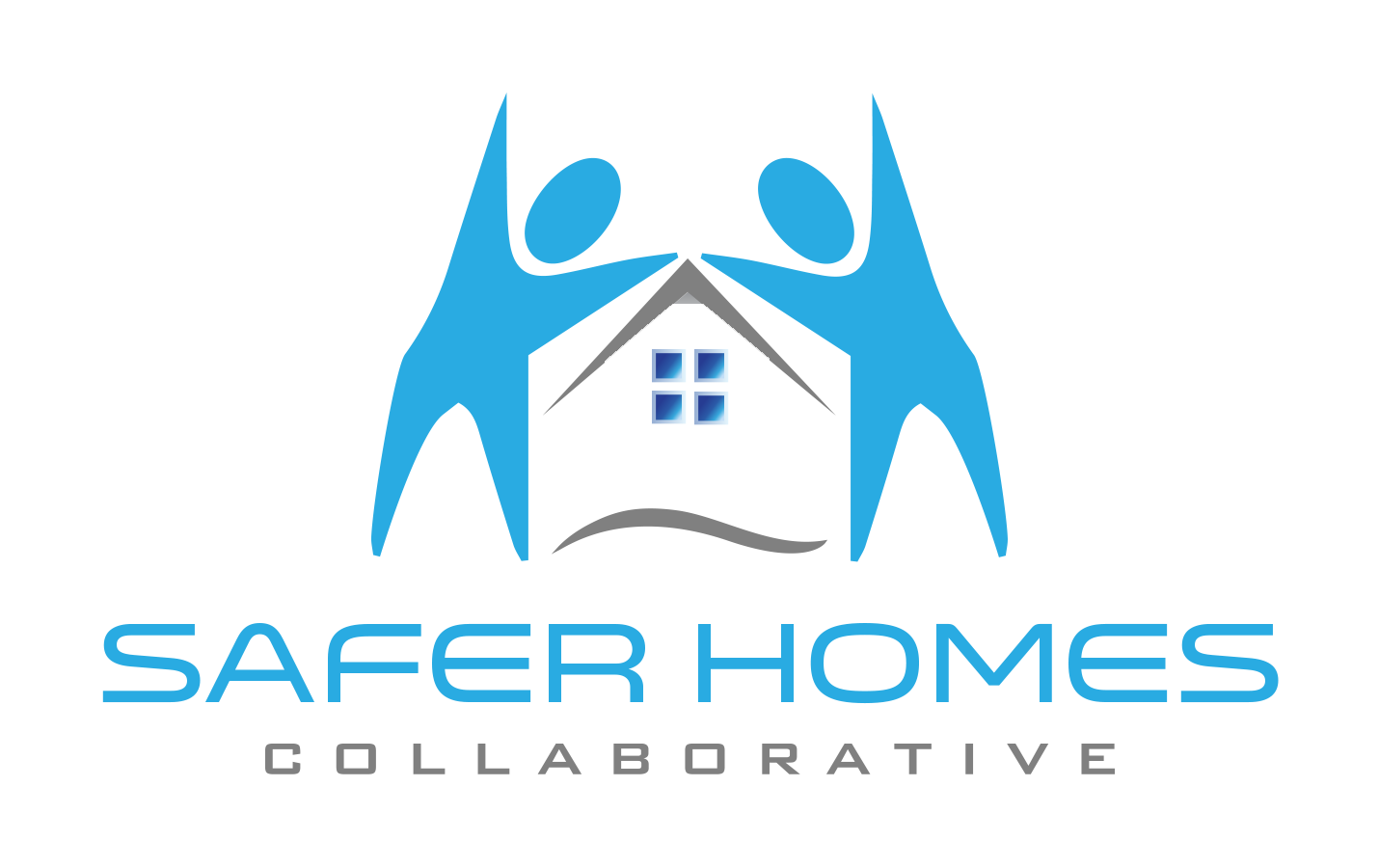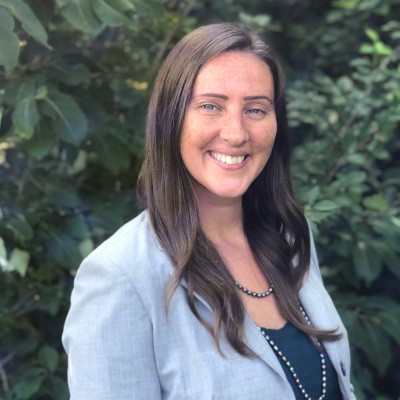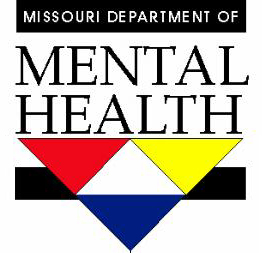Burgess, Doug, MD
Doug Burgess is an addiction psychiatrist who joined Truman Medical Centers in 2011. He received his residency training at Duke University where he served as chief resident during his final year. He completed a fellowship in addiction psychiatry at the Medical University of South Carolina in Charleston. He was the medical director of outpatient psychiatric services until February of 2019 when he transitioned to the role of Medical Director of Addiction Services. Clinically, he sees patients in TMC’s substance use disorder specialty clinic which provides evidence based care to over 800 patients. He is also a treating clinician for the NFL’s Program for Substances of Abuse. Locally, Doug leads regional trainings related to mental health and substance use disorders. He is on the steering committee for the region’s EPICC program, facilitates Missouri’s Opioid Use Disorder ECHO group and actively participates in the area’s perinatal collaborative. He has received Missouri’s Department of Mental Health Addiction Medical Champion Award and was recognized as one of Kansas City’s “Top Docs” by Ingram’s Magazine in 2019.
Presentation(s):









